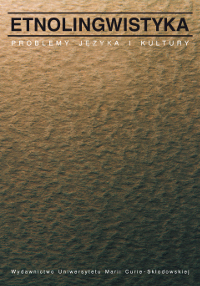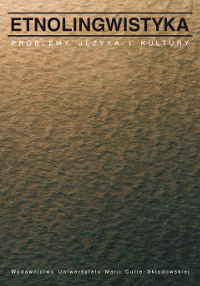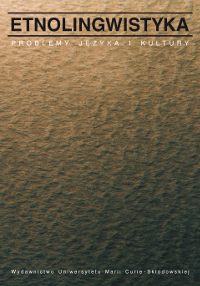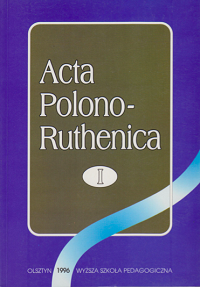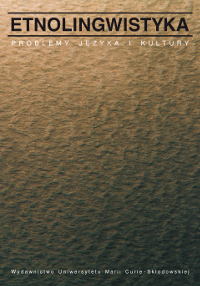
Władimir Toporow i jego teksty
The article presents the life and work of Vladimir Toporov (1928--2005), one of the most distinguished Russian scholars of the 20th century, a philologist, linguist, literary analyst, folklorist, a student of Indo-European and Slavic ancient heritage, mythology and religion, a semiotician, theorist of culture, philosopher, the author of fundamental works in Baltic studies (among others, a five-volume dictionary of Prussian), Indian and Balkan studies or classic philology. Born in Moscow, Toporov worked all his life at the Institute of Slavic Studies of the Academy of Sciences, together with other distinguished scholars, such as Vyacheslav Ivanov, Nikita Tolstoy, Oleg Trubachev, Vladimir Dybo or Andrey Zaliznyak. The names of Toporov and Ivanov are associated with the development of structuralism in Slavic studies and the emergence of the famous Moscow-Tartu semiotic school. In their work they proposed a reconstruction of the proto-Slavic mythological text, the so called “basic myth”, about a struggle of the “master of thunder” with chthonian creatures. The author indicates and analyzes key concepts, such as time, place, thing, act, thought, word, number, name, sanctity, fate, which unite the whole rich legacy of the scholar into a single “hypertext”. A special meaning was given by Toporov to the conception of text. He extended it beyond the narrow philological (verbal) meaning and associated it with a specially organized semantic sequence of signs of a different kind: sounds, gestures, colours, pictures etc. Text, whose constitutive feature Toporov identified to be SENSE, became the major object of structuralsemiotic research on culture.
More...
